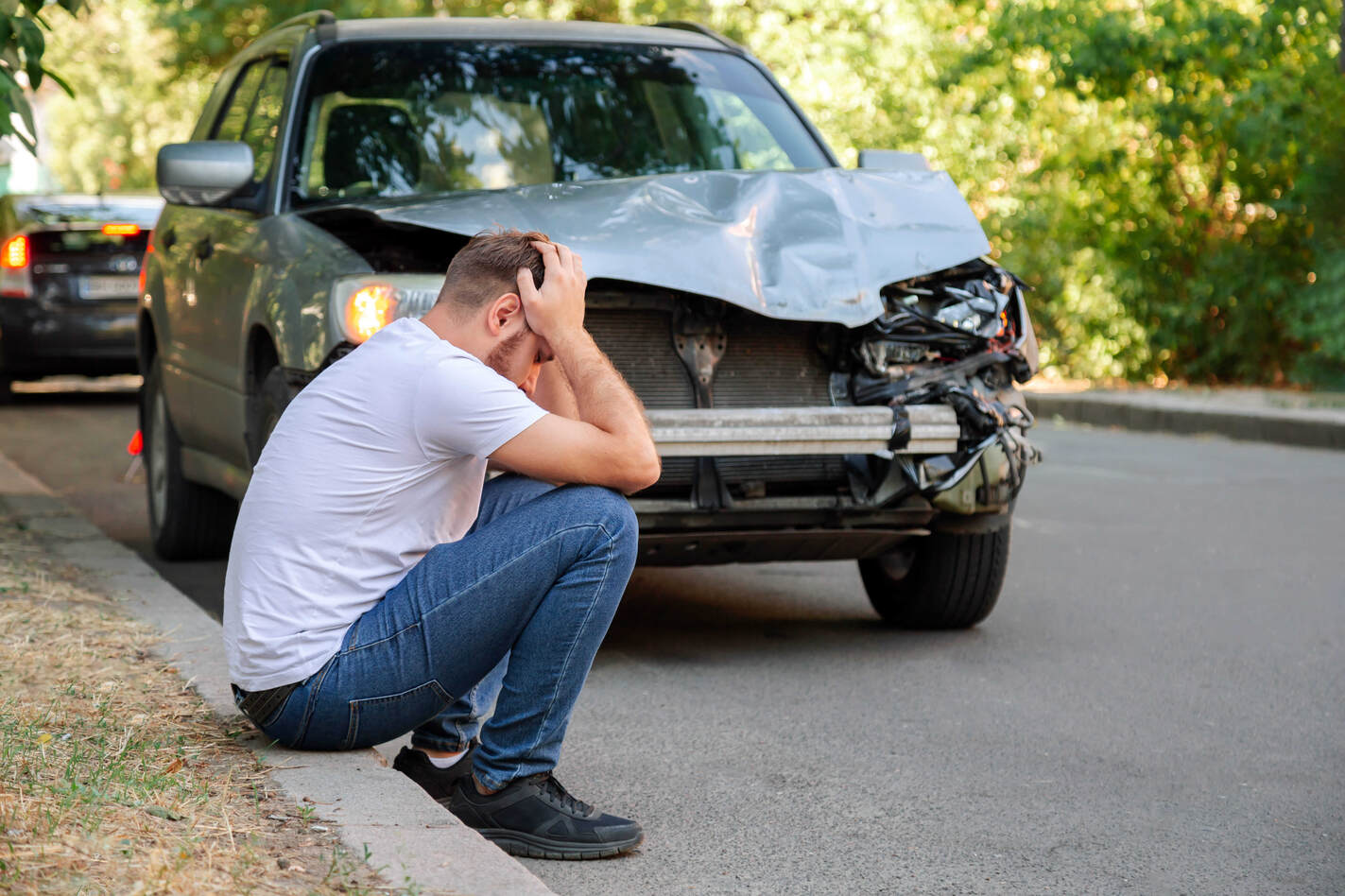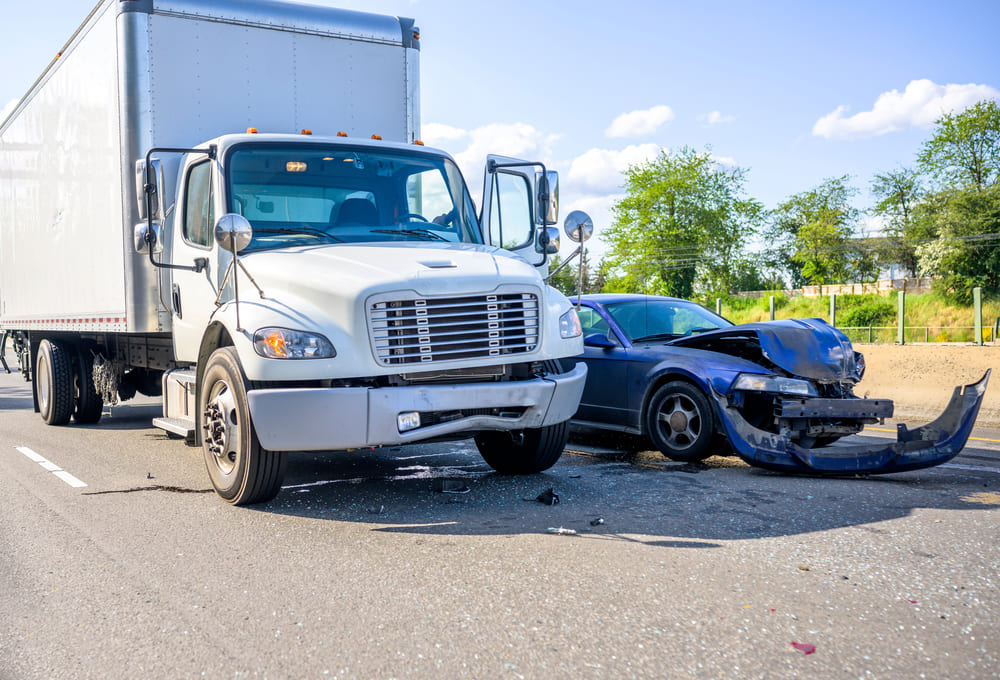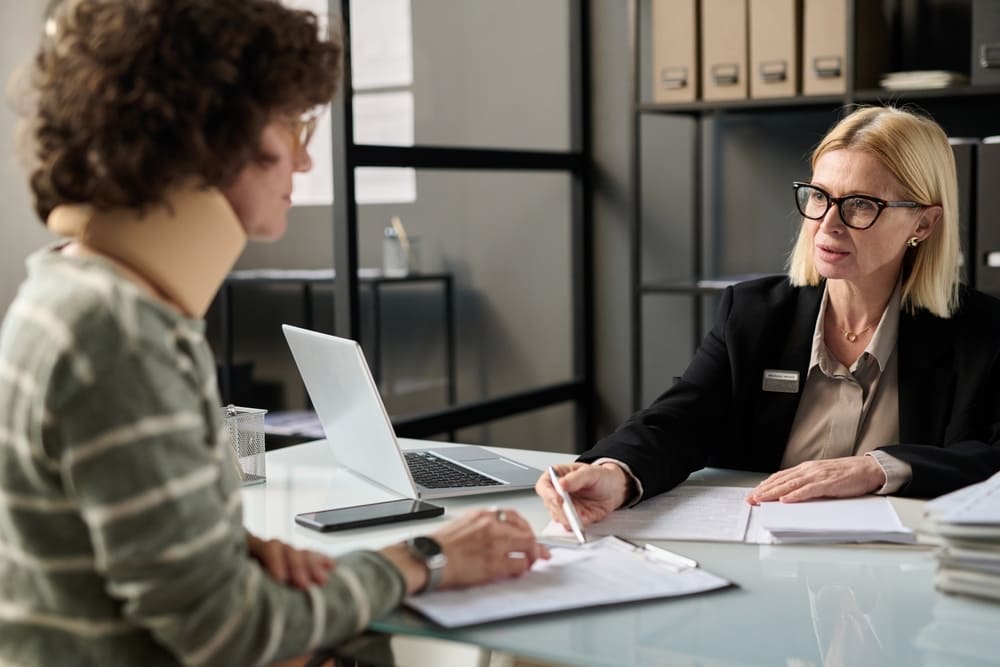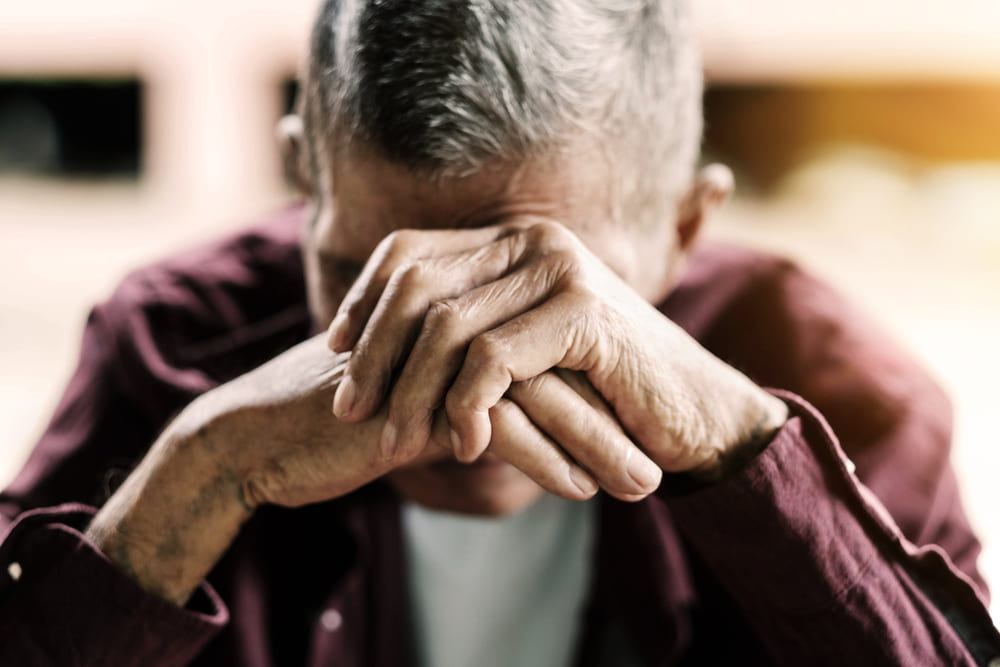Car accidents are a common and unfortunate part of life on Nevada’s roads. Each year, thousands of drivers are involved in accidents, ranging from minor fender-benders to serious collisions. The emotional aftermath can be overwhelming, with feelings of confusion, anxiety, and stress clouding your judgment as you try to make sense of the situation. The actions you take immediately after an accident can have a significant impact on the outcome of your case—whether you’re seeking compensation for injuries or dealing with damage to your vehicle.
At Friedman and Throop, we understand the uncertainty you may feel after an auto accident. That’s why we’ve put together this guide to help you navigate the critical steps to take after a car accident in Nevada. Whether you’re wondering, “What do I do after a car accident?” or asking, “What to do after a car accident that wasn’t my fault?,” we are here to help.
8 Steps To Take Following a Car Accident
Being involved in a car accident can be an overwhelming experience, especially if you’re unsure of what to do next. It’s important to stay calm and follow a series of crucial steps to ensure your safety, protect your rights, and set yourself up for a smoother claims process. Here are eight essential steps to take after a car accident:
1. Ensure Safety and Check for Injuries
The first thing you should do in a car accident is assess the situation for safety. Make sure you and everyone involved in the accident are out of immediate danger. If possible, move vehicles off the road to avoid further collisions. If you or anyone else is injured, call 911 immediately for medical assistance. Even if injuries don’t seem obvious right away, it’s always best to seek professional evaluation to catch hidden injuries. Ensuring safety is your number one priority, followed by documenting the scene.
2. Call 911 and Notify the Police
One of the most common questions drivers have is, “Do you have to call the police after a minor car accident?” In Nevada, you are legally required to contact the police if the accident involves injury or significant property damage. Even in minor accidents, it’s advisable to call law enforcement. Police officers will create an official report that can be invaluable when filing an insurance claim or pursuing legal action. Their record will include key details, including the cause of the accident, witness statements, and the contact information of those involved.
3. Stay at the Scene of the Accident
Never leave the scene of the accident, even if it seems minor. Leaving the scene of an accident, especially one involving injuries or damage, can lead to serious legal consequences, including being charged with a hit-and-run. Stay at the scene until law enforcement or emergency personnel have arrived and completed their work. If you’re physically able, check on the condition of the other drivers involved and offer assistance until help arrives. Moving away from the scene can also complicate any potential insurance claims.
4. Document the Accident Scene
Taking photos and videos of the accident scene is one of the most important steps you can take after a car accident. Use your smartphone to capture images of the vehicles, any visible damage, the surrounding environment, road conditions, and even traffic signs. If possible, take pictures of injuries as well. These visual records can provide strong evidence for your insurance claim or legal case, especially if liability is disputed. Be sure to capture multiple angles of the scene, and don’t forget to include any relevant details that might help clarify the situation.
5. Exchange Information with Other Parties
After an accident, one of the follow-up steps you should take is to exchange important information with the other parties involved. This includes full names, addresses, phone numbers, driver’s license numbers, vehicle registration numbers, and, most importantly, insurance information. If there are witnesses to the accident, be sure to ask for their contact details as well. Having accurate information can make a significant difference in resolving insurance claims or determining fault in a lawsuit.
6. Notify Your Insurance Company
Regardless of whether the accident was your fault or not, it’s important to report the incident to your insurance company as soon as possible. Most policies require drivers to report accidents immediately to comply with the terms of the policy. When notifying your insurer, provide them with as much detail as possible, including the police report number, a description of the accident, and any other relevant information. This helps to ensure that the claims process proceeds smoothly and protects your ability to receive compensation.
7. Seek Medical Attention and Follow Up
Even if you don’t feel injured immediately after the accident, seek medical attention as soon as possible. Injuries from car accidents, such as whiplash or internal trauma, can sometimes take hours or even days to become noticeable. Seeking a prompt medical evaluation ensures that your injuries are documented for any future claims. If a doctor recommends further treatment or physical therapy, follow through with those appointments. This not only helps with your recovery but also supports your case if you’re pursuing a claim or legal action.
8. Consult a Car Accident Attorney
If you’re unsure about the next steps or if the accident involves significant damage, injuries, or potential legal complications, consulting with a car accident attorney can be a crucial step. Experienced attorneys, like those at Friedman and Throop, can help you navigate the legal complexities of your case, including negotiating with insurance companies and representing you in court if necessary. They’ll work to ensure that you receive fair compensation for medical bills, lost wages, property damage, and pain and suffering. Having legal representation early on can make a significant difference in the outcome of your case.
When To Seek Legal Help & How To Choose A Lawyer
After a car accident, it’s essential to know when to seek legal advice. If you’ve been injured or face disputes over fault or insurance claims, consulting with a skilled attorney can help protect your rights. A trusted legal team will guide you through the process of securing compensation for medical bills, lost wages, and any pain and suffering you may have experienced. If you’re unsure about your rights or if there are complications with fault, it’s best to seek legal help sooner rather than later. To learn more about when to seek legal help, check out our article on Do I Need an Attorney for a Car Accident?.
Additionally, in Nevada, there are strict time limits for filing a claim after an accident. If you’re approaching the deadline, it’s crucial to act quickly. For further insights, check out Statute of Limitations for Car Accidents in Nevada. Additionally, be sure to explore How Do Car Accidents Work for more important legal information. When selecting a lawyer, it’s important to choose someone with experience handling car accident cases and a proven success record. At Friedman and Throop, we specialize in car accident cases and are committed to providing personalized attention and clear communication throughout the legal process. Our team will ensure you receive the compensation you deserve. For more guidance on selecting the right attorney, read our article on How to Choose a Car Accident Lawyer in Reno.



